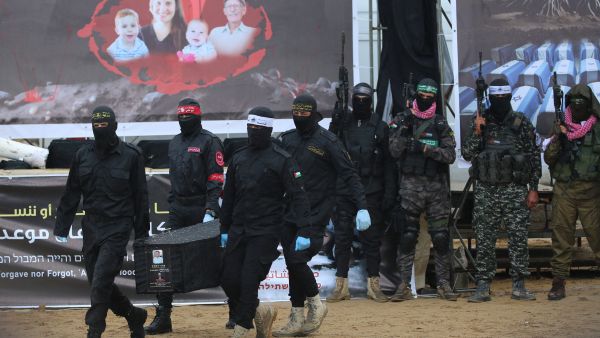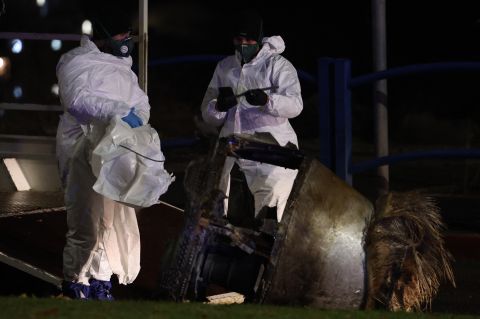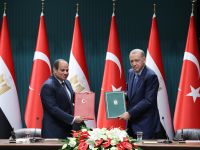ALBAWABA - Experts predict that Israeli Prime Minister Benjamin Netanyahu would accept a short-term peace agreement as he pushes with his strategy to depopulate the Gaza Strip and show his independence from US President Donald Trump.
Israeli soldiers have stepped up their efforts to destroy the remaining buildings in Gaza, despite Netanyahu's limited accommodation in the continuing discussions. This action is seen to be a step toward forcing the people of northern and central Gaza to relocate to the south.
Netanyahu insists on parameters that support his larger plan of complete control over Gaza, even if he has not rejected the most recent round of negotiations. Yedioth Ahronoth claims that the Israeli military has already increased the scope of its operations under the "Gideon Chariots" strategy, which calls for controlling conquered territory and intense aerial bombardment.
According to authorities cited in the publication, an agreement may be made in a matter of hours and the Israeli government has a crucial 24-hour window in the discussions. According to Israeli network Kan, neither party will impose any conditions on the next round of negotiations.
In an indication to some experts that a settlement could be on the horizon, U.S. Secretary of State Marco Rubio said on Saturday that he spoke with Netanyahu about attempts to free the hostages. Despite potential advancements, Israel's history of pulling out of prior accords and the absence of legally binding U.S. assurances continue to be major roadblocks, according to Dr. Liqa Makki of the Al Jazeera Center for Studies.
Hamas is under siege and Gaza is under pressure.
During a show on Al Jazeera, Makki clarified that Hamas is under tremendous pressure on all fronts—militarily, politically, and humanitarianly—but it has little power since no one is putting pressure on Israel in return. According to him, it would be a major accomplishment in and of itself if Hamas gave up its own standing in order to save the inhabitants of Gaza from being forced to evacuate.
Notwithstanding the challenges, Makki said that Hamas is attempting to obstruct Israel's already-initiated strategy for displacement. He underlined that preventing their expulsion should be the first objective since, even if resistance would eventually resurface, the Gazan people might not return if they are driven out.
In only two days, the Israeli army has already destroyed 1,000 houses and driven out some 300,000 Palestinians from northern Gaza, according to Gaza's Government Media Office.










